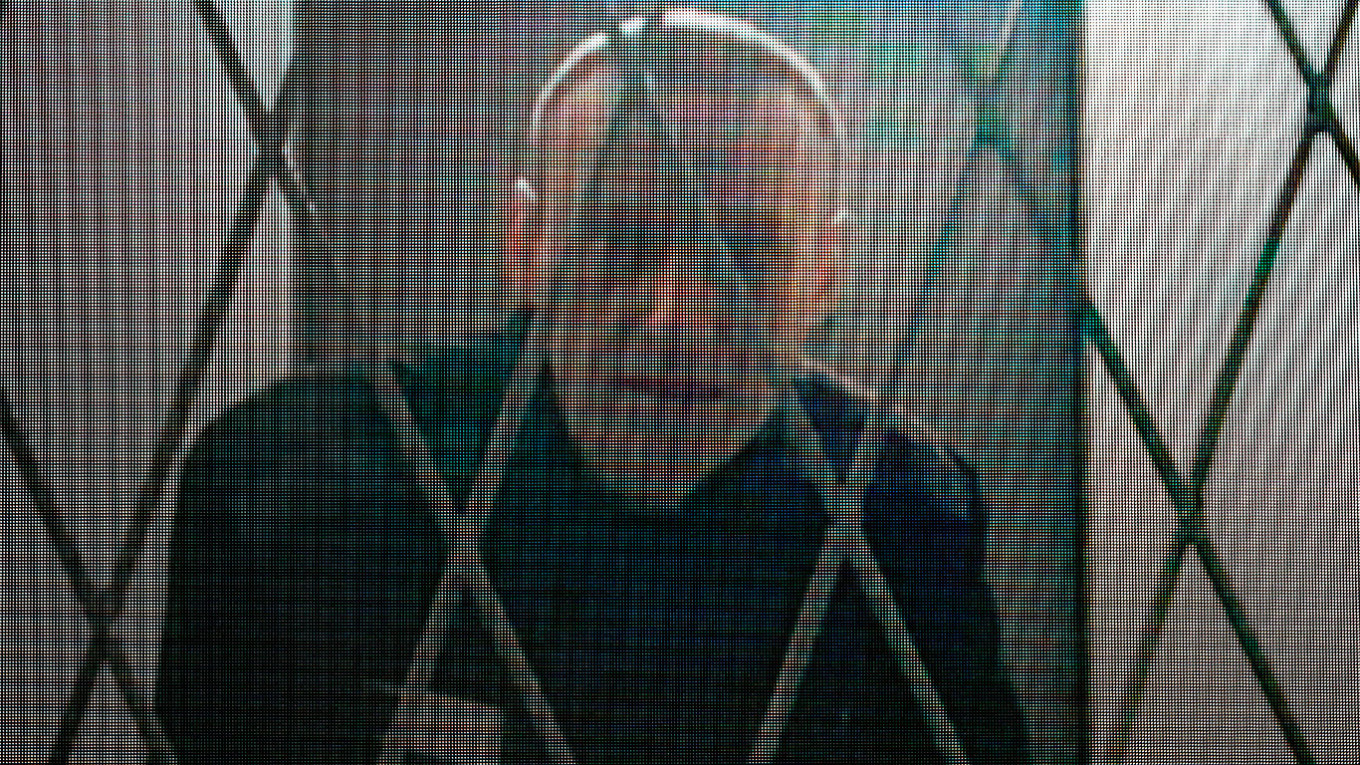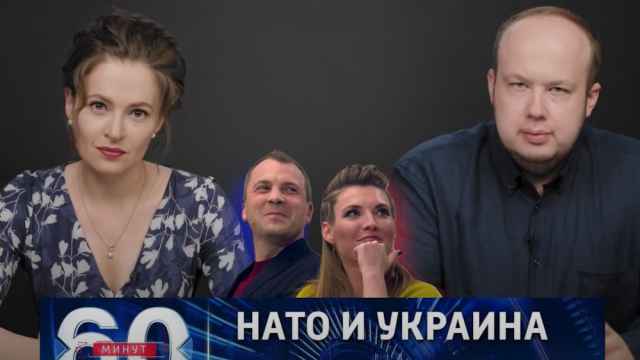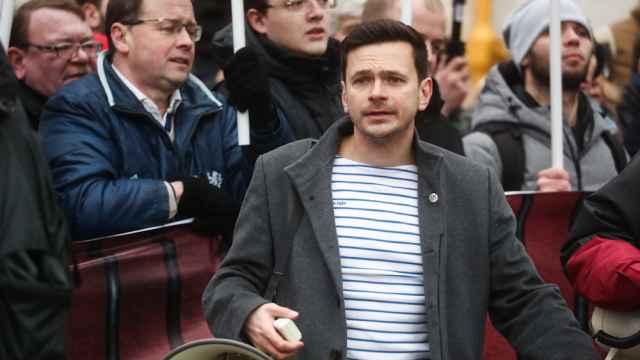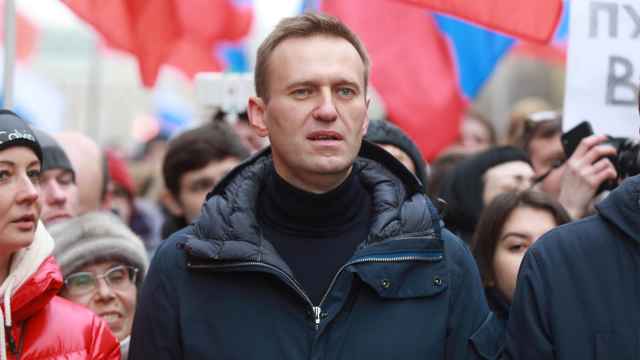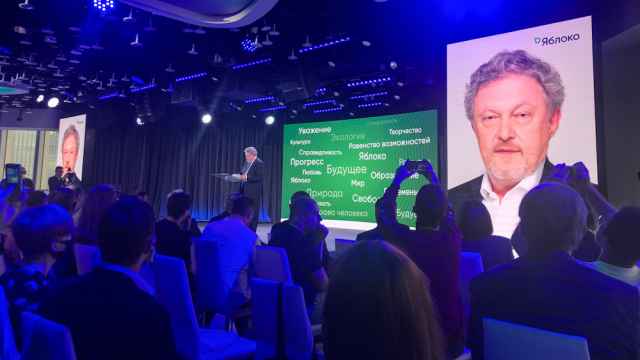Jailed Kremlin critic Alexei Navalny has died in jail, Russian prison authorities announced Friday.
"The inmate A.A. Navalny started to feel unwell after a walk and almost immediately lost consciousness at correctional facility No. 3 on Feb. 16," the Yamal-Nenets autonomous district prison service said.
"Medical staff arrived immediately, an ambulance was called. None of the resuscitation efforts yielded positive results," it added.
Navalny’s exiled spokeswoman Kira Yarmysh said she could not confirm the prison service’s announcement until his lawyer visits the IK-3 prison colony in the settlement of Kharp, where the activist was being held.
Yarmysh denied reports that Navalny’s father Anatoly Navalny confirmed his son’s death, writing on the messaging app X that the Kremlin critic’s “relatives made no such comments.”
His lawyer, Leonid Solovyov, said Navalny's family had instructed him to avoid commenting on "anything at all."
"We're sorting things out right now. A lawyer had visited Alexei on Wednesday. Everything was fine then," Solovyov told the independent Novaya Gazeta newspaper.
Kremlin spokesman Dmitry Peskov said Moscow had been informed about Navalny’s reported death, according to the state-run news agency RIA Novosti.
When asked about unconfirmed reports the jailed activist may have died from a blood clot, Peskov said medics should establish the cause of his death.
Russia’s Investigative Committee, which probes major crimes, announced "a set of investigative and operative measures" to establish the circumstances surrounding Navalny’s death.
The independent broadcaster Sotavision shared a video it said was filmed on Thursday of Navalny appearing in court via video link, where he could be heard joking about his finances with the judge.
The 47-year-old activist, who was serving a 19-year "extremism" sentence, did not address his health in the video.
His health had significantly deteriorated since his imprisonment, however.
"The regime wanted him dead. That's why it happened, that's why it was allowed to happen," a former senior Kremlin official told The Moscow Times on condition of anonymity.
A current Russian government official suggested that, if Navalny's death is confirmed, the cause may have been his regular placement in solitary confinement.
"It would seem that the [prison] conditions were too harsh. Three hundred days in a punishment cell is a lot," the official said, asking not to be named.
Meanwhile, Western officials and Russian opposition figures have blamed the Kremlin for Navalny's death.
Latvia's president said the activist had been "brutally murdered by the Kremlin," while NATO chief Jens Stoltenberg said there were "serious questions" for the Kremlin to answer over Navalny's death.
"Personal responsibility lies squarely with Vladimir Putin," exiled former oil tycoon turned opposition figure Mikhail Khodorkovsky wrote on X (formerly Twitter).
"I extend my most sincere and deepest condolences to Alexey’s family, friends and colleagues," he added.
Russia’s Foreign Ministry spokeswoman Maria Zakharova derided NATO leaders for "immediately" blaming Moscow over the jailed Kremlin critic's death.
"There’s no medical forensic examination yet, but the West has its conclusions ready," she wrote on the messaging app Telegram.
Navalny was imprisoned in January 2021, when he returned to Russia after recovering from a near-fatal poisoning with what Western scientists said was Novichok, a banned military-grade nerve agent developed by the Soviet Union.
Russian officials outlawed Navalny’s nationwide political and activist organizations later that year, prompting nearly all of his allies to leave the country to avoid prosecution.
Navalny had vowed to continue his opposition to the Kremlin and the war in Ukraine from prison.
This is a developing story. AFP contributed reporting.
A Message from The Moscow Times:
Dear readers,
We are facing unprecedented challenges. Russia's Prosecutor General's Office has designated The Moscow Times as an "undesirable" organization, criminalizing our work and putting our staff at risk of prosecution. This follows our earlier unjust labeling as a "foreign agent."
These actions are direct attempts to silence independent journalism in Russia. The authorities claim our work "discredits the decisions of the Russian leadership." We see things differently: we strive to provide accurate, unbiased reporting on Russia.
We, the journalists of The Moscow Times, refuse to be silenced. But to continue our work, we need your help.
Your support, no matter how small, makes a world of difference. If you can, please support us monthly starting from just $2. It's quick to set up, and every contribution makes a significant impact.
By supporting The Moscow Times, you're defending open, independent journalism in the face of repression. Thank you for standing with us.
Remind me later.


